Trinity Students Complete Three Projects for Peace
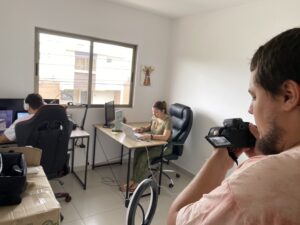
Over the summer, Trinity Students completed three Projects for Peace. Daniel Santos Ramírez ’23 and Gabriel Sorondo Guirola ’23 completed their project “Proyecto Turpial: Diasporic Youth Encounters,” which focused on building connections between young Venezuelans abroad and helping them to network with the eventual goal of empowering young leaders to give back to Venezuela. Suzanne Carpe Elias ’22 and Federico Cedolini ’22 completed the project “Mental Health Training for Peace: Building an Online Platform to Educate Families of Mental Health Patients in El Salvador,” where the goal was to help educate families with members who are suffering from mental health issues how to better help support their loved ones. Nayantara Ghosh ’22 also completed a Project for Peace over the summer called, “Wonder on Wheels: Bringing Mobile Education to the Children of Daily Wage Laborers and Slum-dwellers,” which focused on providing mobile education to those with inconsistent access to educational services in Bengaluru, India.
Projects for Peace is a program that enables students to create projects that help tackle pressing issues across the globe. When a student’s project is selected, they receive a $10,000 grant to implement their designed project. Projects for Peace was created in 2007 by Kathryn W. Davis and the program now runs out of Middlebury College in Vermont.
Daniel Santos Ramírez ’23 & Gabriel Sorondo Guirola ‘23
“Proyecto Turpial: Diasporic Youth Encounters”
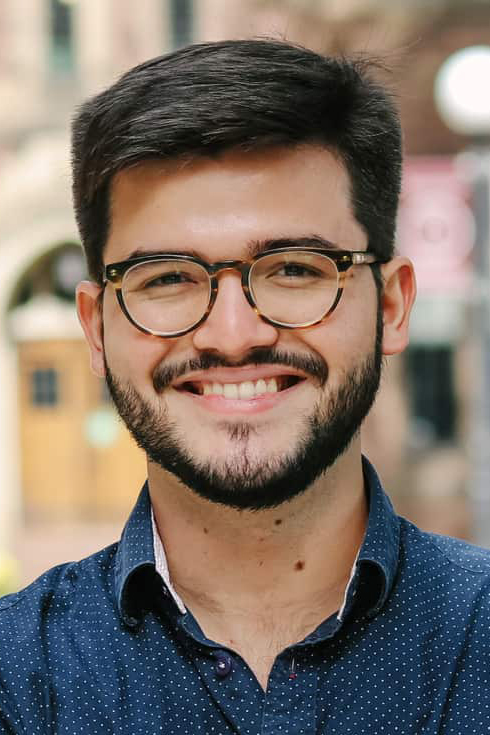
Santos and Sorondo worked over the summer to build connections between young people in the Venezuelan diaspora in Mexico, Colombia, and Argentina. Venezuela has been experiencing a ‘brain–drain’ because of the amount of immigration out of the country. Santos and Sorondo sought to build connections between young Venezuelans by conducting weekend workshops where they “sought to create a series of encounters that would serve to empower, visibilise and heighten their experiences to allow them to be seen, recognised and celebrated”.
Both Santos and Sorondo are Venezuelans and have lived the experiences of the Venezuelan diaspora. They want to help give back to Venezuela by empowering young leaders to do the same through building a network of connections for those who are participating in these workshops. While completing the project, the pair realized the significance of hosting the retreats away from the daily lives of the participants, which allowed for a fruitful and open community. The removal from the daily routine enabled the participants to focus on the activities planned by Santos and Sorondo. One realization that became apparent through their research is the need for more spaces of connection to exist. They write that through their weekend workshops in Mexico, Columbia, and Argentina “the need expressed by participants to have spaces for community-building such as Proyecto Turpial” became clear. They wanted a space to share experiences, knowledge, and build community with other Venezuelans.
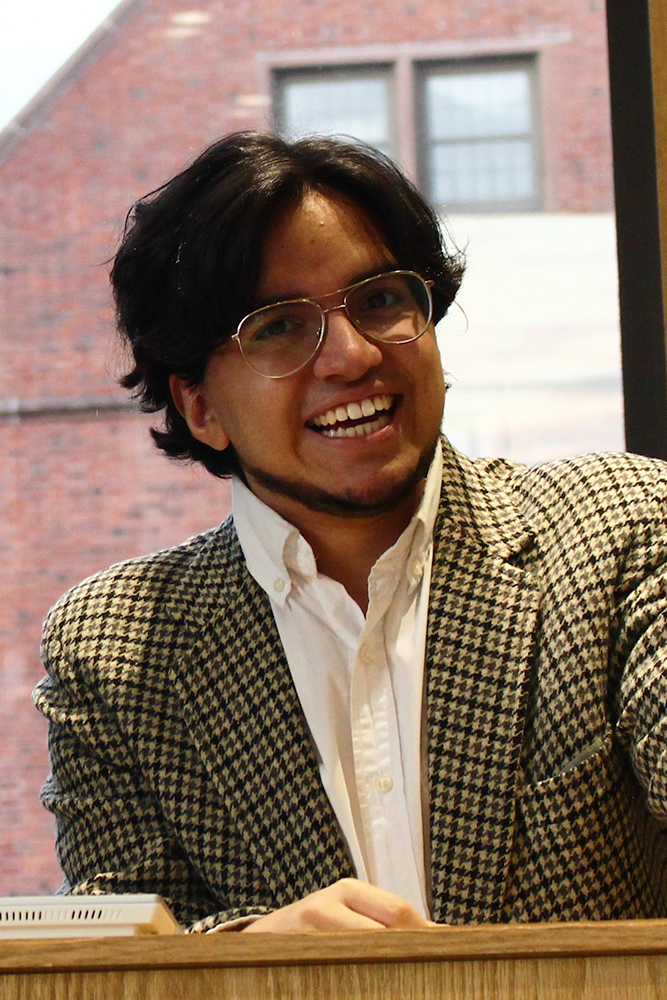
After completing the project, Sorondo commented that he feels his Venezuelan identity is stronger having talked with many migrants from Venezuela. Witnessing the participants speak about their stories, was a times difficult and joyful and has made him hopeful for the future of Venezuela. The pair wrote that “this process may entail a much more vast understanding of what it means to be a part of the country”. The project demonstrates that Venezuela is more than just its borders; it is a country with unique individuals. Santos and Sorondo hope their work started to build a network of successful and innovative young Venezuelans and want to continue the work they started over the summer.
Suzanne Carpe Elias ’22 & Federico Cedolini ‘22
“Mental Health Training for Peace: Building an Online Platform to Educate Families of Mental Health Patients in El Salvador”
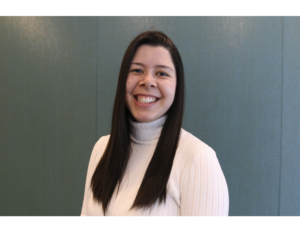
Carpe and Cedolini collaborated on a project that aimed at supporting the family and friends of those suffering from mental health issues in El Salvador and help break the stigma of mental health. The pair explained that “we had valuable first-hand experience in understanding how stigmatized mental health diseases are in the country and how much education is needed in this area” due to one of the team members growing up and struggling with mental health in El Salvador and the other a family member of someone who struggled with mental health in the region. The inspiration and real-life experience outlined their goal for education and support. The pair partnered with Fundación Continúa which they describe as, “a non-profit organization that currently offers Salvadorans 800 hours of free or affordable mental health therapy each month and organize campaigns to help educate the population about mental health”.
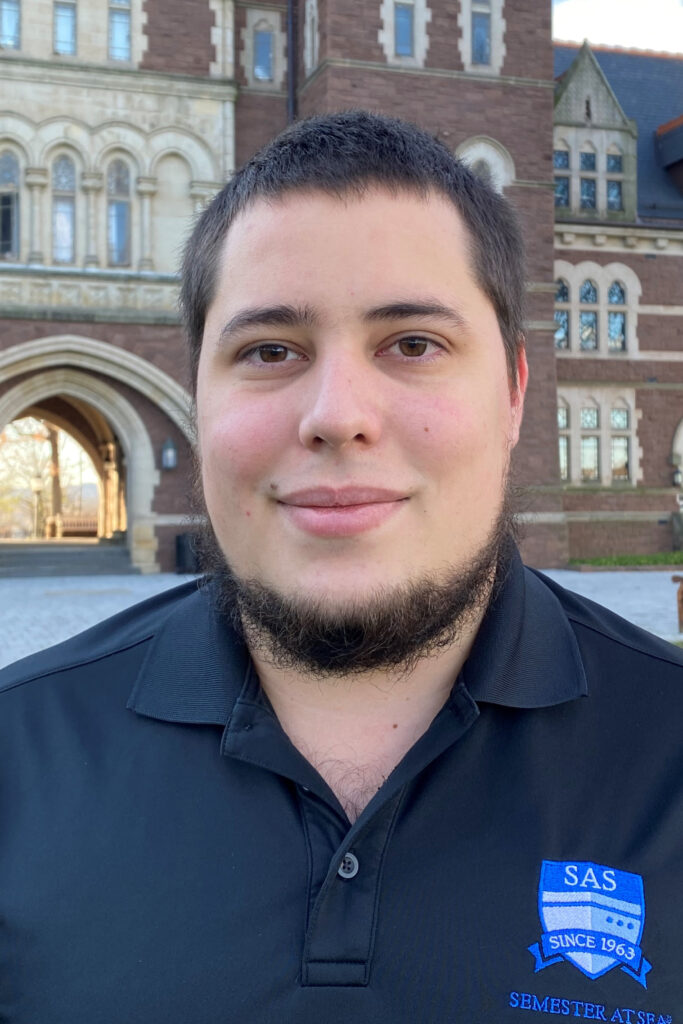
When implementing their project Carpe and Cedolini had to adjust to the challenges presented by conducting a large-scale project, such as maintaining a timeline. Fundación Continúa was integral to their project, as the organization suggested they survey Salvadorans to see what resources they would most like to see and need from a mental health resource center. However, due to the valuable and lengthy survey process, the group had to postpone the original launch date of the website.
Throughout the process, the pair was inspired by their work and hopes to continue the efforts they put forth in El Salvador over the summer. Through this experience, they learned about working with partner organizations and others’ experiences with mental health education in El Salvador. As the group wrapped up their project, they wrote that the “project motivated us to keep finding ways to help others, especially as they navigate their journey towards achieving individual and collective good mental health and peace”.
Nayantara Ghosh ‘22
“Wonder on Wheels: Bringing Mobile Education to the Children of Daily Wage Laborers and Slum-dwellers”
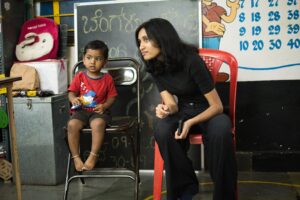
Ghosh conducted her project on providing educational access to kids in Bengaluru, where she grew up. Originally Ghosh drafted her project which was designed to be targeted toward migrants. However, after talking to stakeholders and a different partner organization, the Freethinking Foundation, she decided that prolonged contact is necessary for her project to have an impact on the children’s lives and outcomes, shifting her focus to slum-dwellers and daily wage laborers. Though slum-dwellers and daily wage laborers “are geographically stationary” they “face reduced educational and recreational opportunities as a result of state funding delays and high rents for educational spaces” according to Ghosh ‘22. The mobile bus aims to fill the gaps and provide reliable access to education.
Ghosh Project for Peace was delayed two years due to the COVID-19 Pandemic. The delay of her research project created challenges in implementation because of the time that had passed since her project was designed. One challenge is that Ghosh switched the services provided from educational and medical to just mobile education spaces. The results of her efforts and adaptions had tangible impacts on the kids who received the benefits. Ghosh remarked, “the bus may serve as a prototype for the novel educational infrastructure that may benefit the 2,097 anganwadis in the city or indeed, the 1,400,000 anganwadis across India”.
The service to the community not only had a positive impact on the education of low-income children. The partnership and close with the Ministry of Women and Childhood Development demonstrates the importance of state and NGO partnerships. The bus was just one project, but its potential is far-reaching. Ghosh felt that she learned a lot from the experience expressing that she, “was challenged by the logistics of crafting a mobile learning space, and by the intricacies of designing a space that would feel truly inclusive”, as well as having a deeper understanding of “the world of development not through the imposition of what appears to be suitable from the outside, but through understanding the needs of the stakeholders who will benefit most from the project”.
